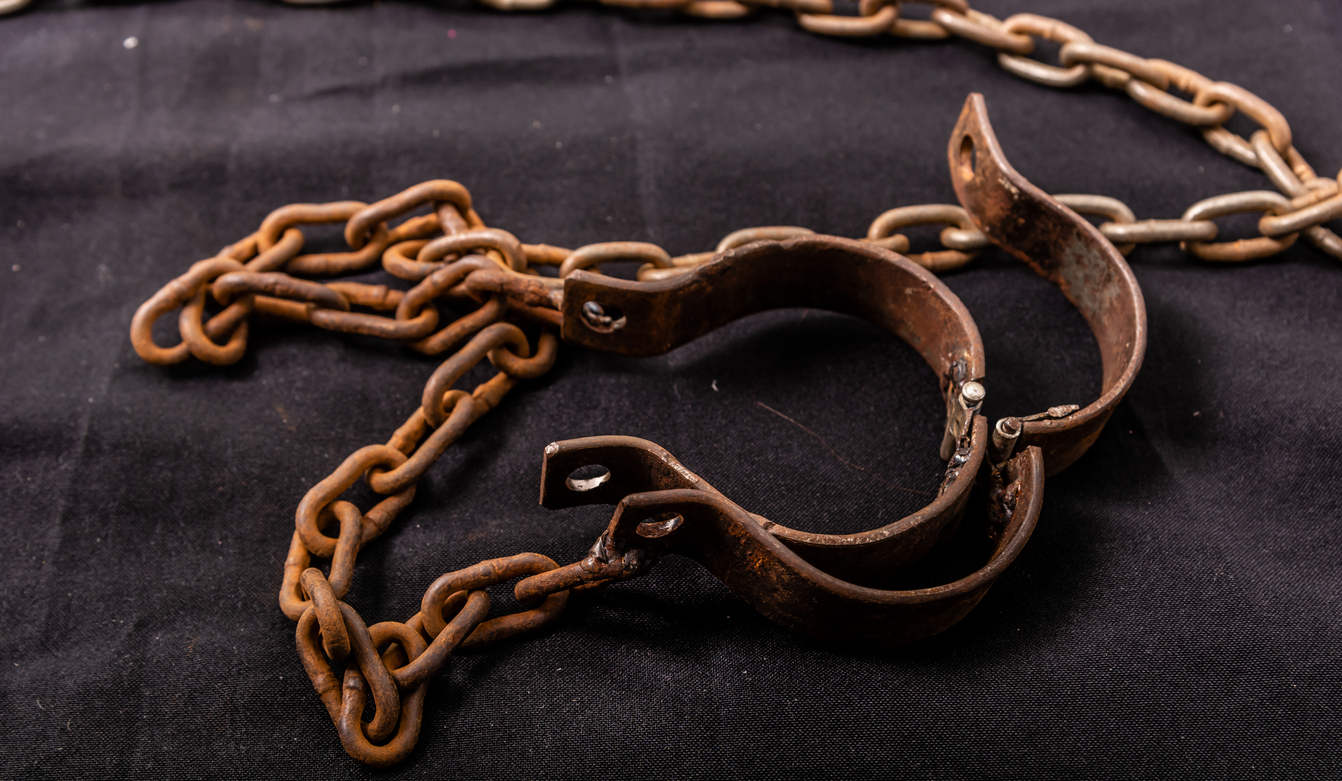Of sparrows, theybes, and wannabes (or: the confused person's guide to gender, race, and everything else you didn't want to know)

Police officer Mohammad Yusuf would like to be racially reassigned, to facilitate a promotion, but the police department is resisting. Choosing one's race is apparently a sensitive topic, unlike choosing one's gender…
'Congratulations! It's a… oh… wait a minute…'
Sparrow is a theyby.
Or at any rate, he/she was a theyby when Sparrow featured on the Dr. Phil show a few years back. By now, Sparrow is six and has possibly made up his/her mind on whether to “identify” as a boy or a girl (or some other category). The parents/guardians were determined that it would be Sparrow's choice alone, to the extent that they allowed only a few trusted individuals to change the baby's diaper.
Also appearing on that episode of the Dr. Phil show was Matt Walsh. After the show, he commented that he had challenged Arlo, one of the “throuple” raising Sparrow, asking her(?) if she was also planning to allow Sparrow to select its race. Arlo apparently refused to answer and the question was cut from the footage before broadcast.
‘I identify as Scando-Saharan-Houthi-Maori. Can I have a promotion?’
Now, however, Mohammad Yusuf has forced a very similar question into the limelight with his federal civil rights lawsuit against the city of Chicago. When Yusuf first joined the Chicago Police Department (CPD), he had only three options to choose from under the heading of “race”: Caucasian, Black, and Hispanic, and he chose Caucasian. Twenty years later, after (he claims) being repeatedly passed over for promotion, he wants to reassign himself as “Egyptian and African American”—but the CPD refuses to comply. They told Yusuf that he would have to produce a DNA test in order to alter his record, so Yusuf did just that, presenting the results of a “23andMe” genetic test proving his ancestral roots—but then the CPD decided that, nonetheless, it was “not possible” to change his official record. So Yusuf is suing.
Just what a result from 23andMe or any of the other dozens of ethnicity testing companies means isn't too clear. 23andMe itself is careful to clarify that they “do not conflate the concepts of ethnicity and genetic ancestry.” A typical report from such a company will break down a person's supposed ethnic roots into percentages, with the list of geographic regions extending to the thousands. Millions of people take these tests each year and often discover ethnic links they never knew they had, which usually impacts their subsequent behavior in some way. For instance, people who identify as Black and have taken an ethnicity test that confirms their black heritage are far more likely to list “sub-Saharan African” as one of their origins in surveys, rather than simply referring to themselves as “African American.”
Race, however, is not the same as ethnic origin, as should be obvious from genetic ancestry results such as this:

Most people tend to pick a race based on what they look like and how they are perceived, although sometimes, there are clear advantages to identifying with a different part of one's ancestry.
Who should get to decide?
What the government says
Judging by U.S. government guidelines Yusuf would appear to be on safe ground with his request. Listed among the FAQs of the Department of Labor: Office of Federal Contract Compliance Programs, is the question:
May an employer override an individual's self-identification of race, gender, or ethnicity based on the employer's visual observation?
The answer is: No.
OFFCCP's policy is that deference should be given to an individual's self-identification and it should not be questioned or overriden by an employer based on the employer's visual observation.
This is also the case for children, who (according to the National Center for Education Statistics (NCES) under the heading: Managing an Identity Crisis…) should make up their own minds which race and ethnicity they wish to be associated with:
Individuals must always be encouraged to identify their own race and ethnicity … Observer identification is a last resort to identify the race and ethnicity of a student…
Do parents get a say? That depends
So, full points to Sparrow's guardians? Possibly not. The NCES stresses that when it comes to assessing racial identity, parental choice outweighs a child's self-perception:
In the case of elementary and secondary students, self-identification includes the selection of race and ethnicity categories by a student's parents or guardians … this is not considered “observer” identification. If there is a conflict between the choices of a student and his or her parent, the parents' choice should be used for the record.
When it comes to gender identity, however, the tables are fully turned and parents have no say whatsoever. Given that sex/gender is biological fact and easy to verify, whereas racial identity almost always involves a subjective decision based presumably but not necessarily on ancestral origin, it would be interesting to hear a coherent statement on how the government justifies its positions.




